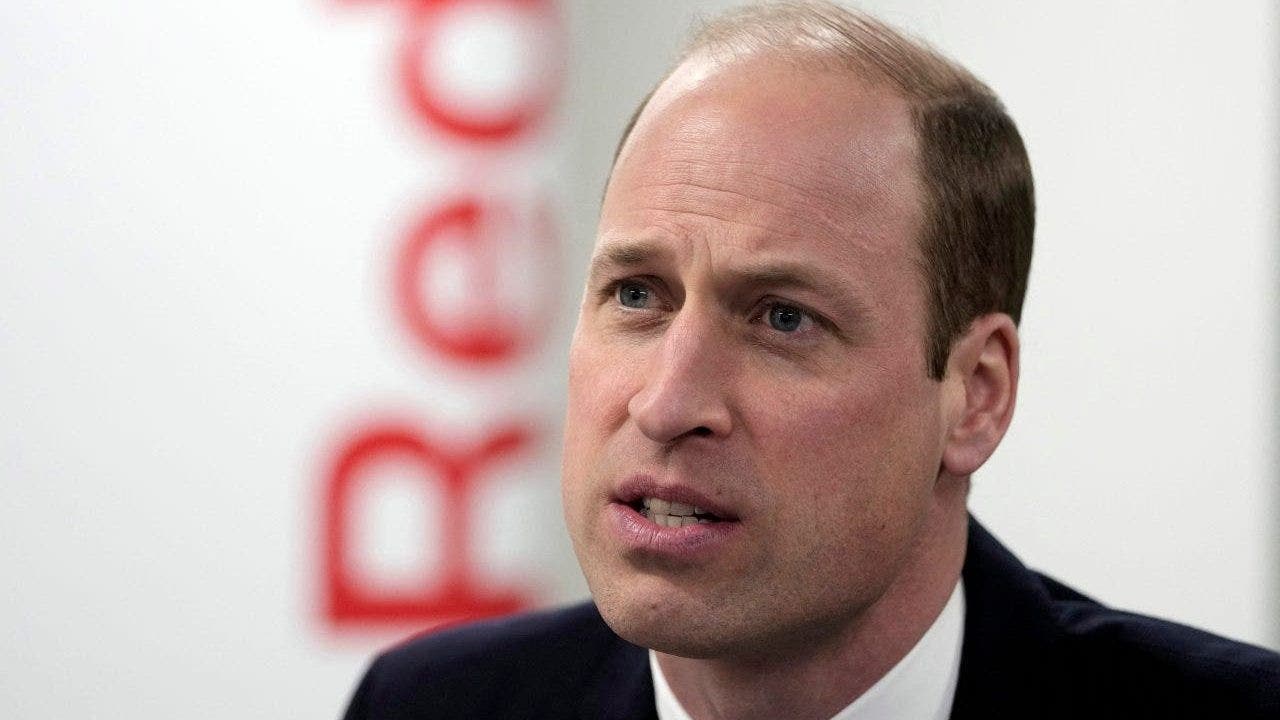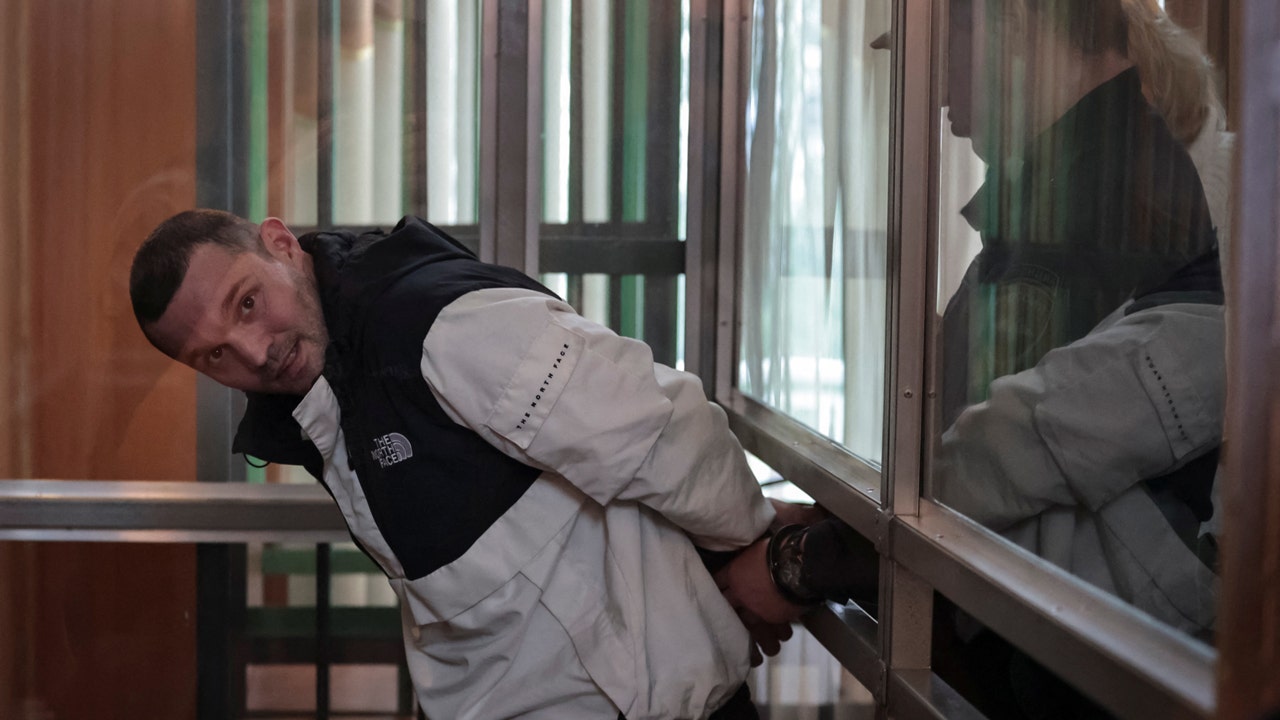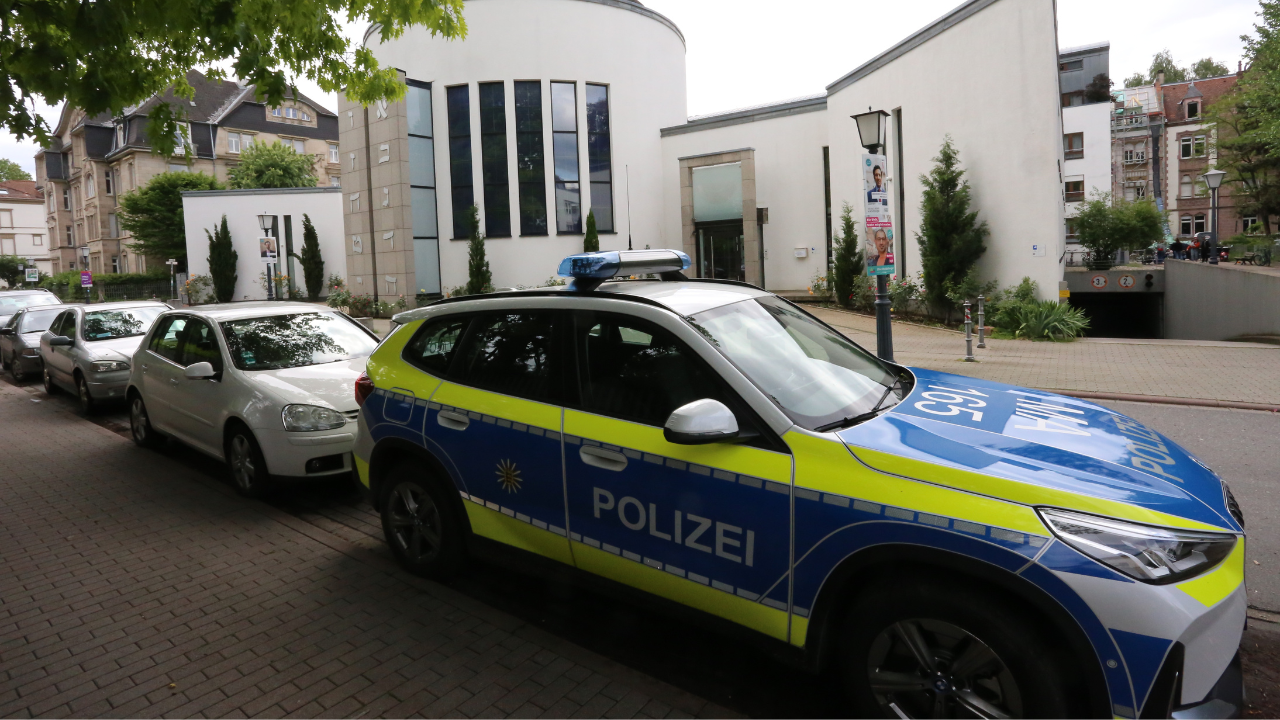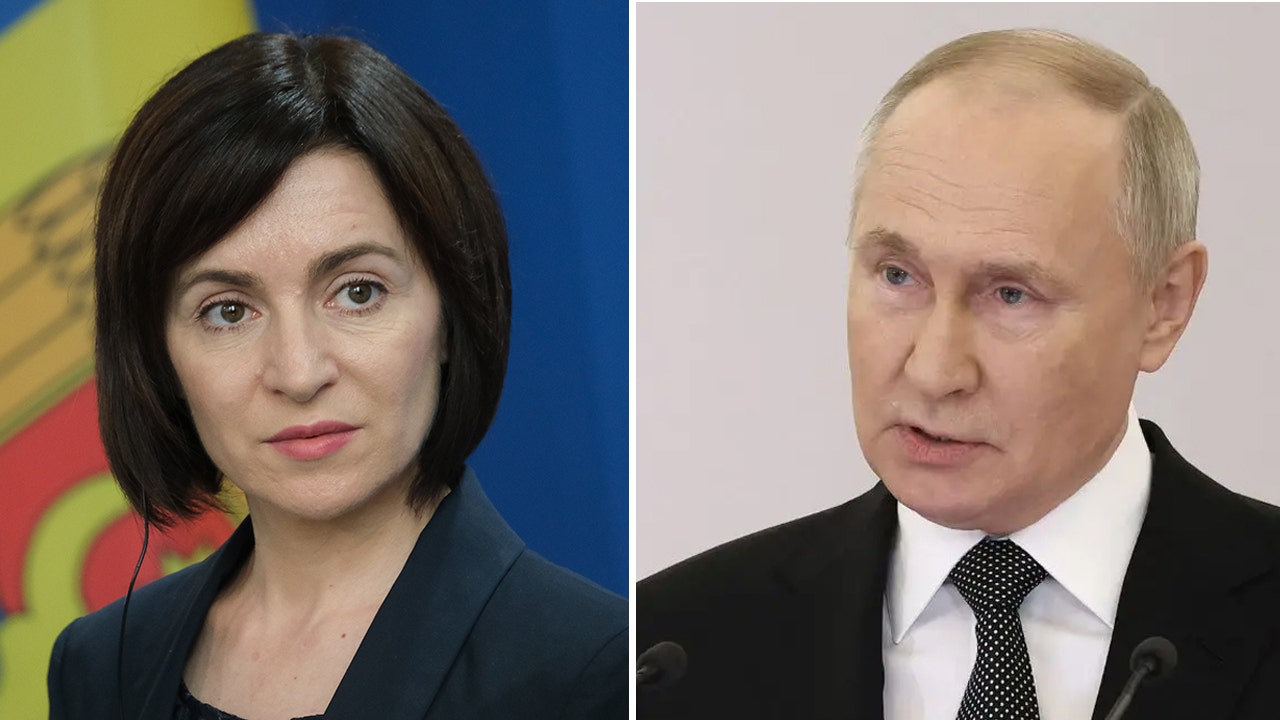Participation in Britain’s general election was predicted to be at 60 percent, according to the BBC, close to a record low, in a shift that appeared to reflect disillusionment with mainstream politics.
Keir Starmer became prime minister after a resounding win on Thursday, sweeping out the Conservatives after 14 years. The outcome was widely expected, a factor that may have led some voters to stay home.
But the low turnout shows the enormous challenge ahead for Mr. Starmer. He is taking the helm at a time when many Britons are skeptical of the government’s ability to fix the ailing National Health Service, revamp the stalling economy and increase access to public services, which have faced deep cuts over the last decade.
A 60 percent turnout rate would be the second lowest in a British election since 1885. Turnout was roughly 59 percent in 2001, when Prime Minister Tony Blair was re-elected for a second term.
Turnout at the last general election in 2019, at 67.3 percent, was the second-highest since 1997, when Mr. Blair came to power in a landslide victory. In the 2019 election, the age group least likely to vote was those between 18 and 24, while people over 65 were the most likely to vote.






